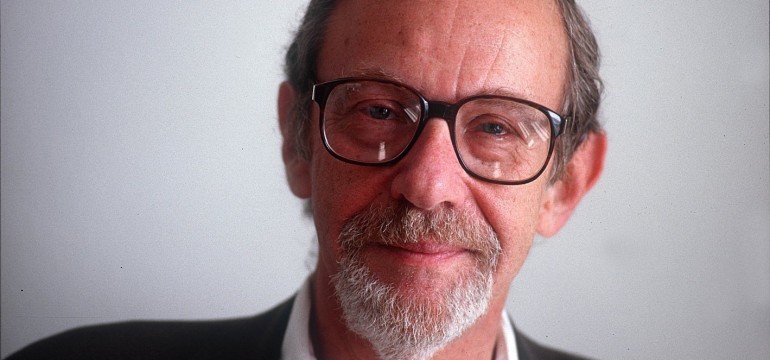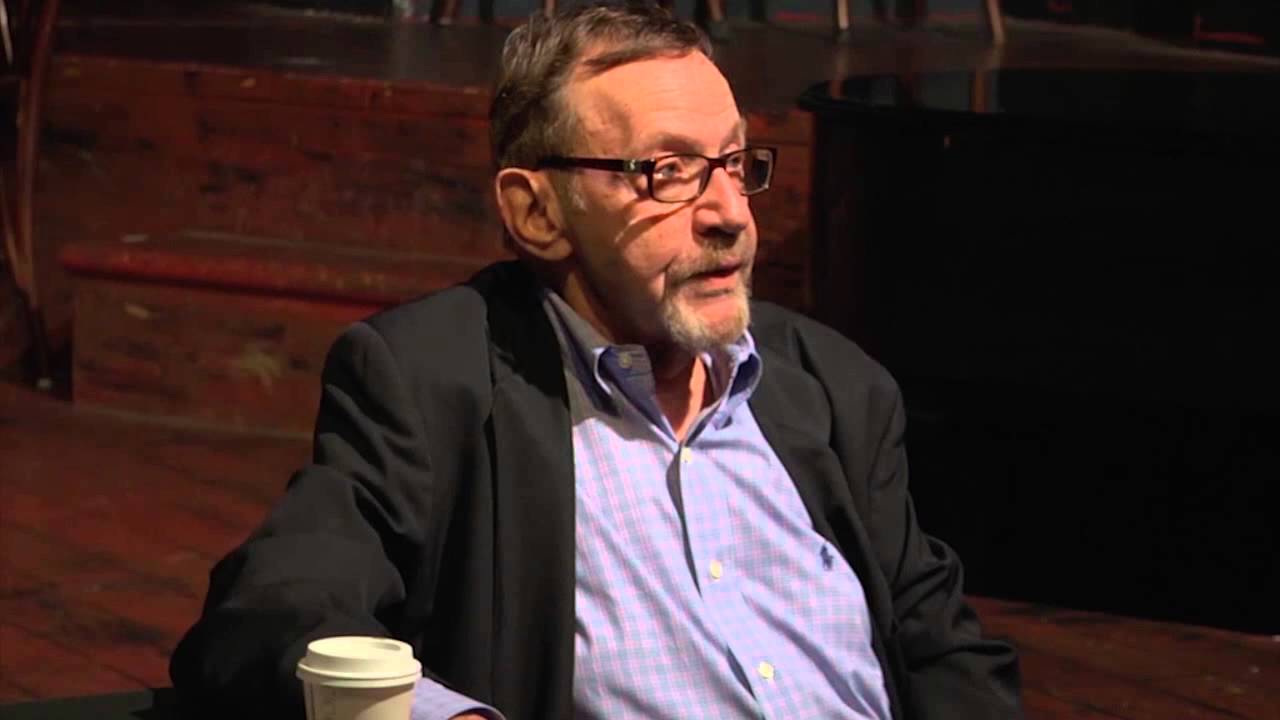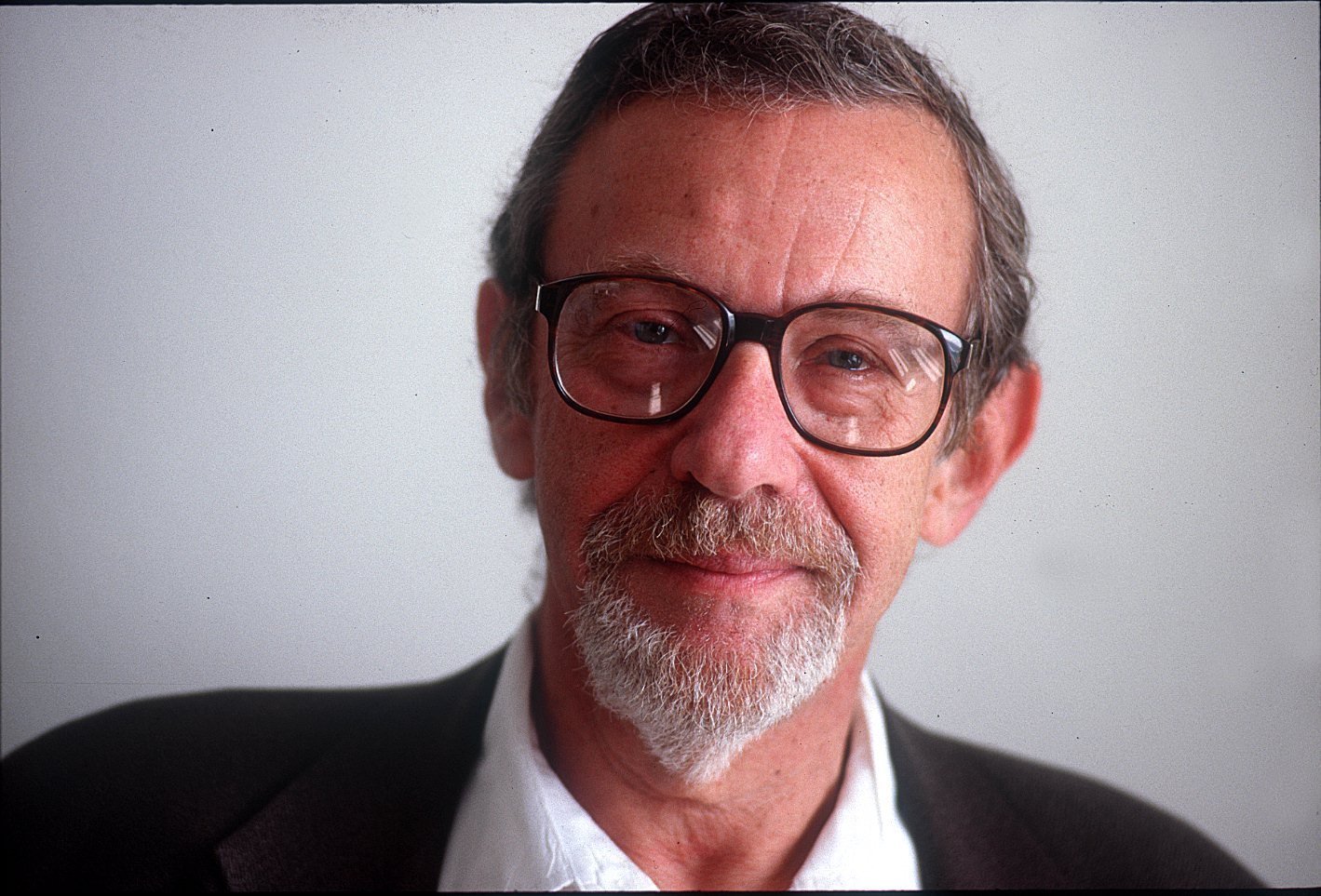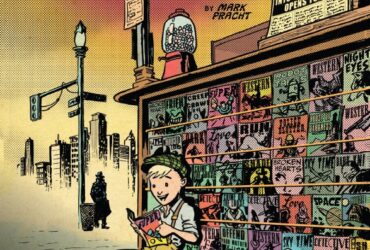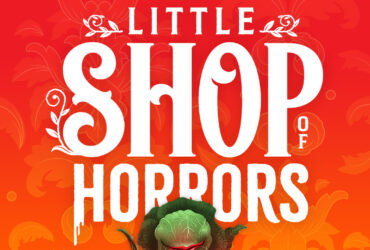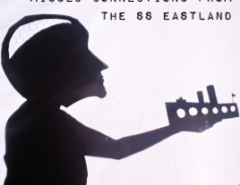The Columbia College Chicago Theatre Department fondly honors the memory of Sheldon Patinkin – longtime chair of the Theatre Department, noted director and teacher, and cherished friend and mentor to many in the Chicago theatre community — who was born August 27, 1935.
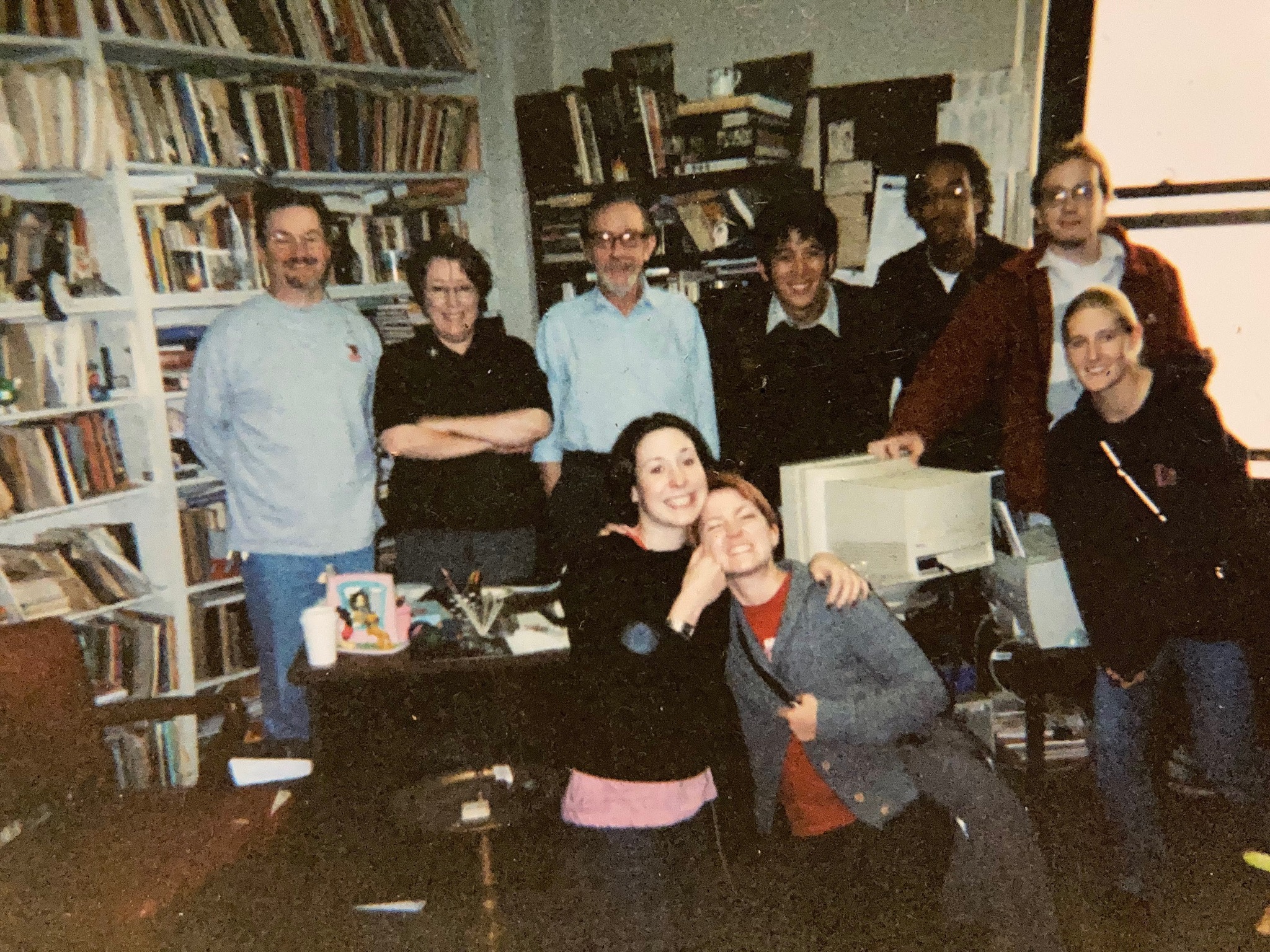
Sheldon Patinkin (back row, center) in his office at the Columbia College Chicago Theatre Department with his Theatre Directing class circa 2000-2001. (Photo courtesy Tonika Todorova.)
Sheldon Patinkin was Chair of the Columbia College Chicago Theatre Department from 1980 — when what was then the Columbia College Theatre/Music Department moved into what is now the Getz Theatre Center of Columbia College Chicago at 72 E. 11th St. in Chicago’s South Loop — to 2009, when he assumed the title of Chair Emeritus, continuing to teach and direct at the college until his death on September 21, 2014. Sheldon’s own account of his experience as Chair of the Columbia College Theatre Department is chronicled in a 1998 interview for the Columbia College Oral History Project.
Shortly before his death, Sheldon established the Sheldon Patinkin Award at Columbia College Chicago to assist outstanding Theatre students in their journey to a professional career. For more information, and to contribute to the Sheldon Patinkin Award, please contact Columbia College’s Office of Development and Alumni Relations.
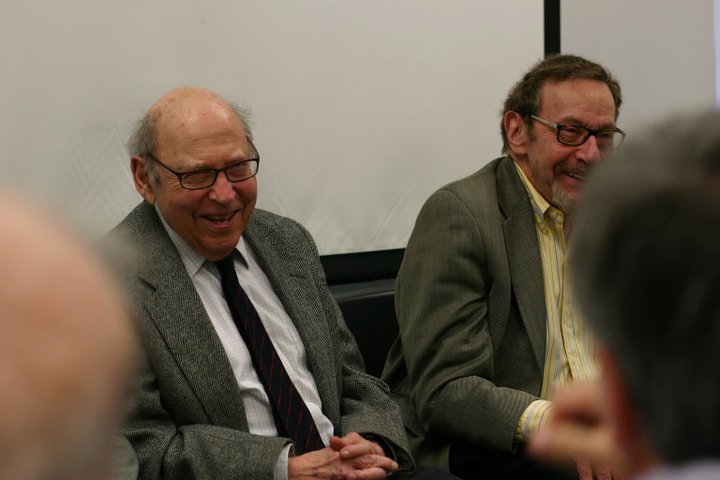
Sheldon Patinkin (right) and Second City cofounder Bernie Sahlins at the May 2011 Columbia College Chicago Theatre Symposium. (Photo: Anita Evans)
A beloved mentor to thousands of performers, directors and creative spirits, Sheldon was also a leading creative voice for over five decades at The Second City, America’s premier comedy theatre and training center and the Columbia College Theatre Department’s partner institution in the department’s groundbreaking BA Program in Comedy Writing and Performance. As a student at the University of Chicago in the early 1950s, he developed friendships with director Paul Sills and producer Bernie Sahlins, forming a company called the Playwrights Theatre Club. After Sills and Sahlins cofounded The Second City in 1959, Sheldon became the theatre’s general manager, eventually succeeding Sills as Artistic Director. By the mid-1960s, he was a leading artistic voice at the theatre, directing many of the resident company shows and also working with branch projects developed under the Second City umbrella, including the popular Canadian TV series SCTV, for which he served as a writer and associate producer.
Sheldon was also an Artistic Consultant at Chicago’s internationally lauded Steppenwolf Theatre and co-founder of The School at Steppenwolf, where he taught for 17 years. As stated on Steppenwolf’s website, The School at Steppenwolf was established in consultation with Sheldon by Steppenwolf co-founder (and former Columbia College Theatre Department faculty member) Jeff Perry, Steppenwolf’s then-artistic director Martha Lavey, and Lavey’s successor as artistic director, Columbia College alum Anna D. Shapiro ’90, HDR ’15, a former student of Sheldon’s. They developed a 10-week “ensemble studies” curriculum inspired by values that Steppenwolf believes inform not only great ensemble work but great acting: the ability to act spontaneously, instinctively and with joyful abandon, while maintaining the specificity and discipline required of great dramatic writing.
Sheldon also was a prolific director, staging numerous productions at such Chicago-area theatres as Steppenwolf, the Apollo Theatre, the Wellington Theatre, the Briar Street Theatre, National Jewish Theatre, City Lit Theatre, Metropolis Performing Arts Centre, the Gift Theatre, and the Grant Park Concerts as well as the Columbia College Chicago Theatre Department. He won a 1993 Joseph Jefferson Award (the Chicago area’s top theatre prize) for his direction of the musical revue Puttin’ On the Ritz at the National Jewish Theatre, as well as a special Jeff Award in 1991 for his service to the Chicago theatre community.
As previously reported in this blog, on September 28, 2015, Columbia College’s president, Dr. Kwang-Wu Kim, formally dedicated the Getz Theatre Center’s lower-level studio performance space (formerly the New Studio Theatre) as the Sheldon Patinkin Theatre in Sheldon’s memory.
As previously reported in this blog, the lasting influence of Sheldon Patinkin is documented in the book Ensemble: An Oral History of Chicago Theater, by Mark Larson, which chronicles the development of a grassroots professional theatre movement in Chicago following World War II through the personal stories of those who participated in the Chicago theatre movement. “His influence traversed the entire movement’s history and reached into every aspect of this extraordinary artistic community,” says Larson. “The Sheldon Effect continues.”

